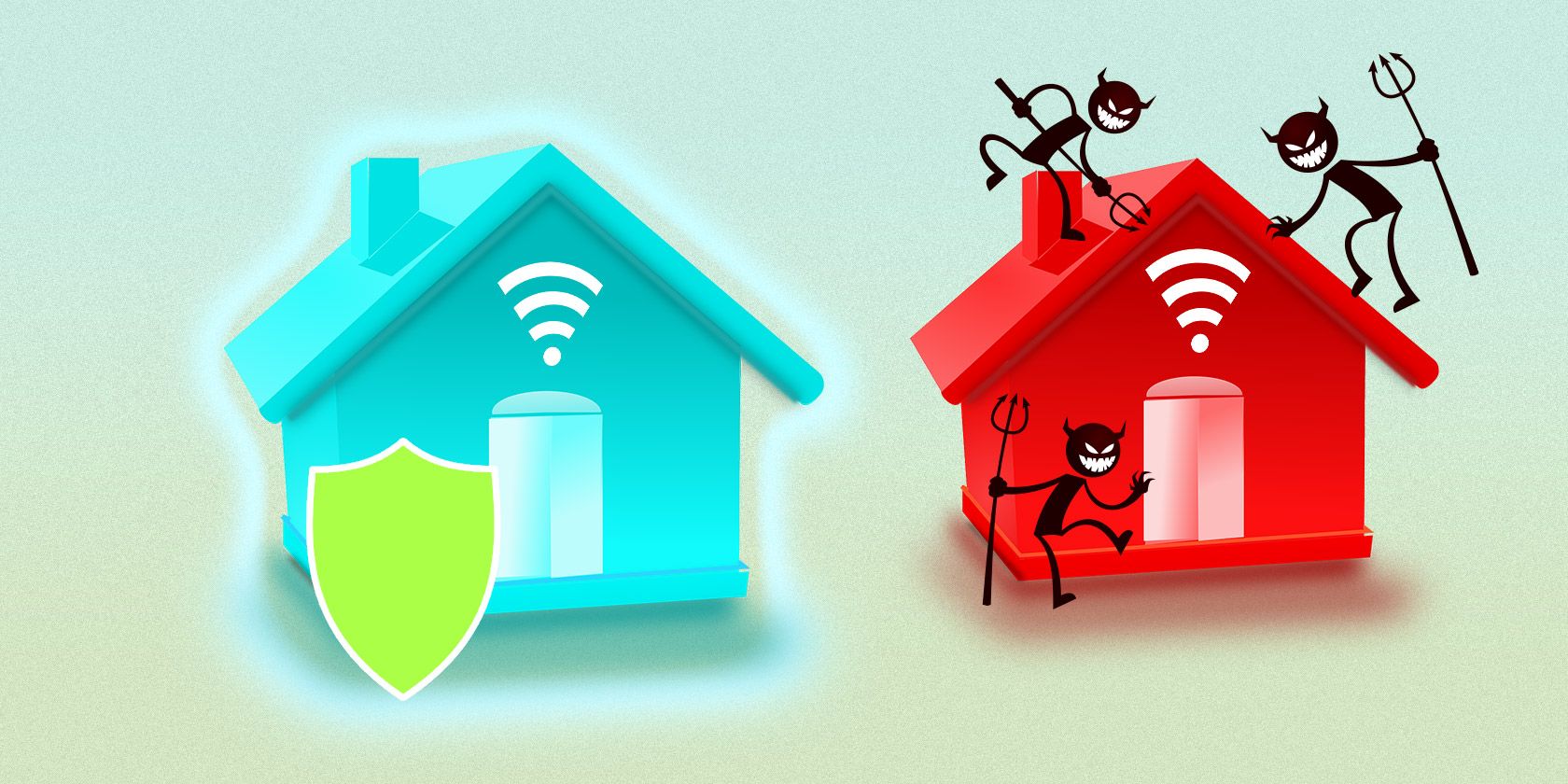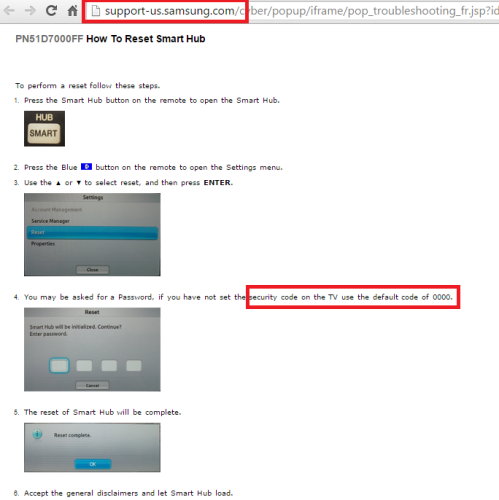It's not easy to keep yourself safe when you're using an Internet enabled gadgets.
Whether it's hackers trying to gain unauthorized access to your laptop, companies having insecure databases that allow criminals to steal your credit card details, or your shiny new smart home security system being vulnerable to a Wi-Fi loophole, it seems like your need to be vigilant against threats exists 24/7.
This is especially true as a greater number of homes become "smart"; everything from garage door openers to kitchen appliances are now becoming Internet-connected. Many of these devices will make your life easier, but they also bring a whole new area of vulnerability into your life.
It's impossible to completely remove the dangers, some things are always going to be beyond your control. You can, however, take some simple steps that'll help you stay safe as the number of Internet-enabled gadgets in your home grows.
Default Passwords
Most of the Internet-connected plug-and-play smart devices in your home will come with a manufacturer-selected default password.
This is problematic. Firstly, they are extremely simple and easy to guess (such as "0000", "password", or the manufacturer's name). Secondly, they are not unique, and thirdly, they are widely available online or by calling the manufacturer.
The simplicity is intentional – if you need to reset the device for any reason, you'll need to be able to re-access it easily. If the passwords were complicated and unique, the manufacturer wouldn't be able to supply support as readily. It could render your device useless.
This "default password" problem extends to lots of Internet-enabled devices around the home. Gadgets such as smart CCTV systems, smart baby monitors, and smart lighting systems are all vulnerable.
The upshot is that you need to make sure you change the default password as soon as you buy any new smart device. Most device's instructions manuals should give you clear directions, but if in doubt either search online or contact the vendor – do not just let the issue pass you by.
Password Strength
Of course, there is very little point to changing the default password to something equally weak. Passwords that contain a family member's name, your pet's name, your favorite sports team, or an important date are almost as bad.
In fact, any simple password is bad. Even if they can't be cracked by trial-and-error, there are countless other methods that hackers will try – most of which will work more effectively on weak credentials.
For example, lots of brute force attacks use the dictionary and simply cycle through words. It means if you've chose a famous phrase (AllForOneAndOneForAll) or even just a random combination of words (CheesePinkSurfFence), you could find yourself on the end of a hack.
Instead, it's vital to use a combination of random letters, numbers, and special characters (srv38bz23!£%g).
Clearly, passwords of this nature aren't very memorable, but don't let that deter you – try using a password manager such as LastPass.
Don't Enable Internet-Connectivity if it's Unnecessary
Stop and think whether or not you really need to connect a device to the Internet at all.
Using a smart TV as an example – how necessary is it for you to connect it to your Wi-Fi network? With so many devices that can access the Internet in typical home, couldn't you just use the TV for its age-old intended purpose and nothing else?
This might seem like it defeats the purpose of a smart TV, but when you consider some of the data it collects, you'll see it might be prudent.
There was obviously the controversy about Samsung's smart TVs "listening" to your private conversations earlier this year, but the problem runs deeper. If you flick through the terms and conditions of a typical smart TV today, you'll see that it records where, when, how you watch TV, it'll set tracking cookies, it'll record the apps you use, and it'll monitor which sites you visit. Additionally, some smart TVs now come with built-in webcams (which can be hacked) and microphones. They're a security nightmare.
If you like the supposed benefits of smart TVs but don't want to expose yourself to these threats, try using a media streaming device (such as a Roku, a Chromecast, or an Apple TV box) instead.
Use Separate Networks
Most of us are in the habit of just using a single Wi-Fi network in our homes, connecting all our devices to that single access point. Current thinking suggests this is naïve. Instead, we should use multiple networks and group our devices together.
This is simpler than it sounds; most modern routers have the ability to support several SSIDs (network names), you just need to head into the device's backend in order to set them up.
Once you've set up a few, choose which devices should go on which network. For example, you could set up your computers and printers on one network, your mobile devices on another, your gaming and entertainment devices on another, and so on.
This has two benefits – firstly, if a hacker does break into your network they won't have free reign over all your devices. Secondly, it means you can create one closed, non-Internet connected network. This is useful for devices like smart baby monitors that need to "speak" to each other inside your home, but have no real requirement to access the wider Internet.
Treat Your Tech Security Like You Treat Your Home Security
We spend a vast amount of time and money making our homes physically secure. Alarm systems, bars on windows, security lights, and expensive locks all come at a cost – but it's a cost lots of people are willing to meet.
Even if you don't spend much money on home security, you still wouldn't dream of going out and leaving your front door unlocked and your windows open. If you don't follow the steps above, however, that's effectively what you're doing.
Your Thoughts?
What tips can you pass on to your fellow readers? How do you keep your smart home secure?
We'd love to hear from you. Let us know your thoughts in the comments section below.
Image Credits:attacked by thief by riedjal via Shutterstock


